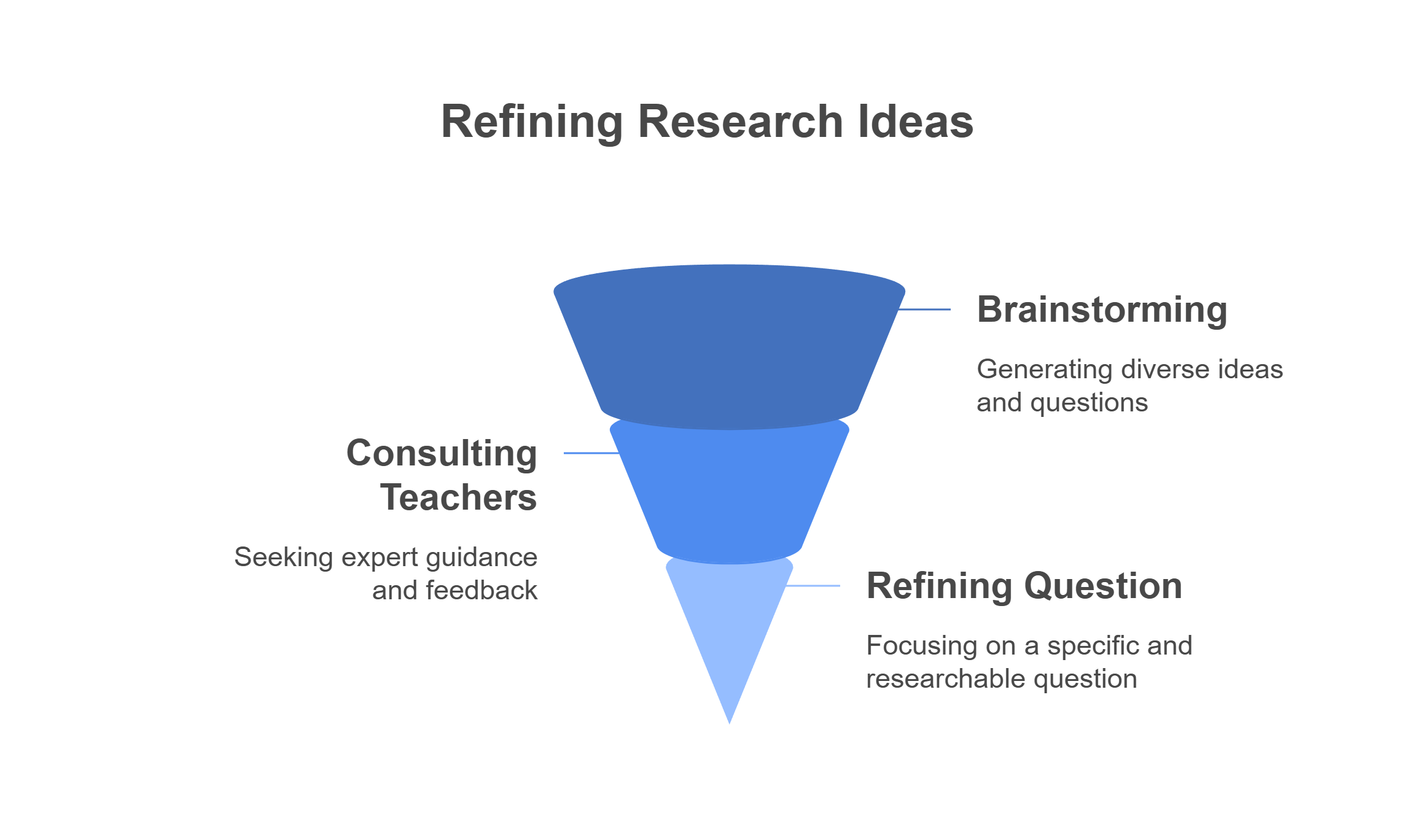The Extended Essay — just hearing those words is enough to make even top-performing IB Diploma students feel a little overwhelmed. Tackling a 4,000-word research paper can seem like a huge mountain to climb. But don’t worry — earning top marks on your EE isn’t about luck or mystery. It’s about making smart decisions, staying organized, and choosing a topic you truly care about.
Over the years, I’ve helped many students navigate this academic journey, and I’ve seen what really makes an EE stand out. The key? It all starts with the topic. Picking a subject that genuinely interests you gives you a strong head start. The goal is to find that perfect balance between what excites you and what’s practical to research — that’s where great essays are born.
Unlocking the Secrets of A-Grade Topics
A winning EE topic possesses several key characteristics. It’s specific, allowing for focused research. It’s researchable, meaning you can access sufficient credible sources. And most importantly, it’s personally engaging, fueling your motivation to delve deep and produce insightful analysis.
Let’s dive into some examples of successful EE topics across different subject areas, along with insightful commentary on what made them shine.
History: Beyond the Headlines
A student of mine, fascinated by the intricacies of propaganda, wrote an A-grade essay exploring the role of radio broadcasts in shaping public opinion during the Spanish Civil War. Rather than simply recounting historical events, she meticulously analyzed the language, tone, and target audience of these broadcasts, demonstrating a nuanced understanding of their impact. Her primary source analysis – using transcripts of actual radio broadcasts – elevated her essay to another level.
Psychology: Delving into the Human Mind
Another student, intrigued by the power of memory, investigated the effectiveness of different mnemonic techniques on recall accuracy among adolescents. Her research involved designing and conducting a controlled experiment, complete with data analysis and thoughtful reflection on the limitations of her findings. The originality of her experimental design, coupled with her rigorous methodology, impressed the examiners.
Languages and Literature: A World of Words
One memorable student, deeply passionate about poetry, explored the evolving representation of nature in the works of a Chilean poet. Her insightful analysis went beyond simple thematic exploration. She delved into the cultural and historical context of the poems, demonstrating a profound understanding of the poet's artistic evolution. This ability to connect literature to its broader context is a hallmark of high-scoring essays.
From Topic to Triumph: Making Your Choice
- Brainstorm: Explore your interests. What sparks your intellectual curiosity? What questions keep you up at night?
- Consult your teachers: Discuss your initial ideas with subject matter experts. They can offer valuable guidance on feasibility and scope.
- Refine your research question: Ensure it is specific, researchable, and allows for critical analysis.

Sample Topics Across Subjects:
- Biology: The effect of varying concentrations of caffeine on the heart rate of Daphnia magna.
- Chemistry: Investigating the antioxidant properties of different types of tea.
- Economics: The impact of microfinance initiatives on poverty reduction in a specific region.
The Extended Essay may seem like a colossal undertaking, but remember, it's an opportunity to delve into a subject you genuinely care about. With careful planning, dedicated research, and a dash of intellectual curiosity, you can craft an essay that not only earns an A but also deepens your understanding of the world around you.
So, embrace the challenge, choose your topic wisely, and embark on this intellectual adventure with confidence. The rewards are worth the effort.
















